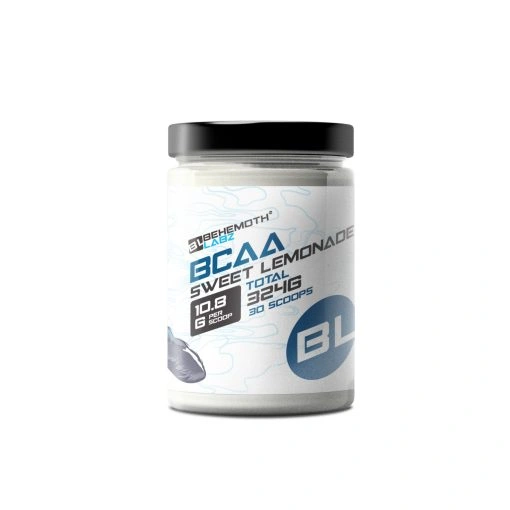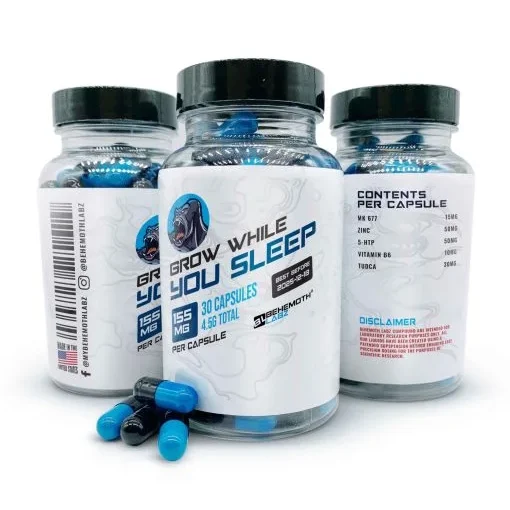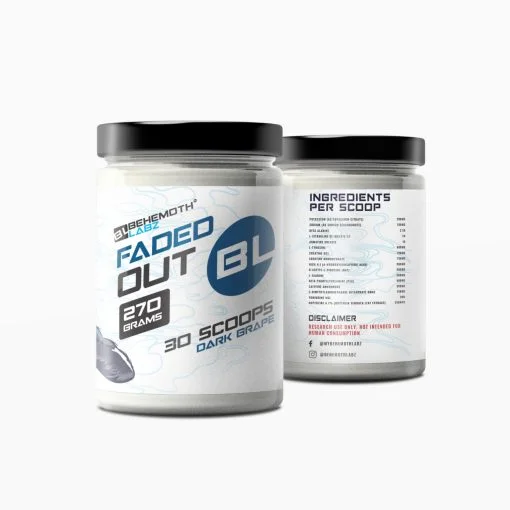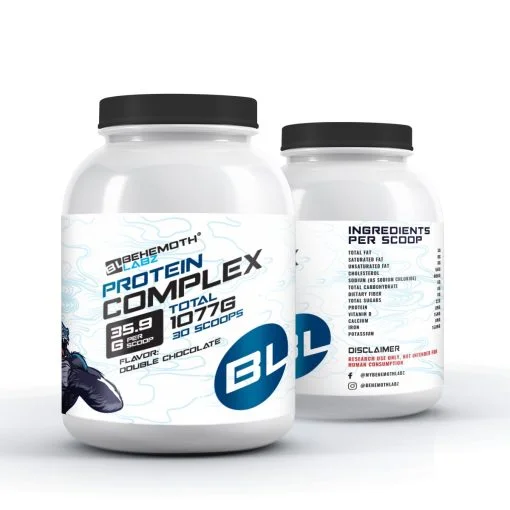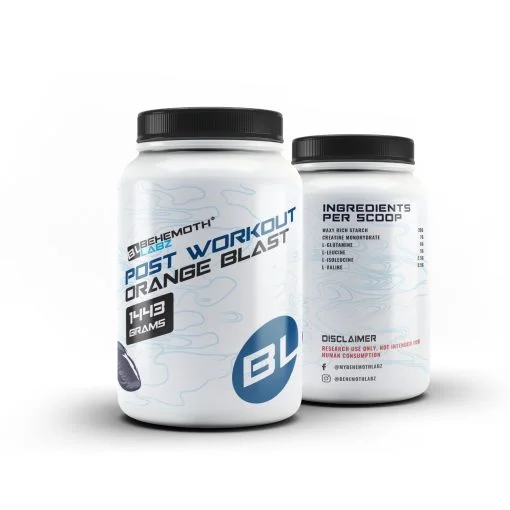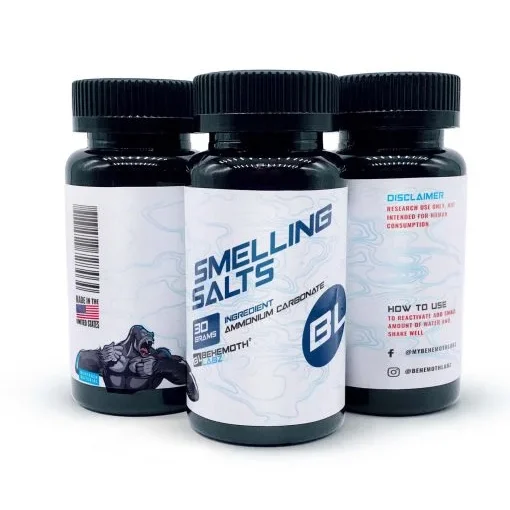Types of Supplements
Multivitamins
These provide a blend of essential vitamins and minerals in recommended amounts. They are usually taken once daily for overall health. Some may target specific benefits like immunity or energy and include additional ingredients.
Individual Vitamins
Supplement forms of single vitamins, such as vitamin C or D, address specific deficiencies.
Minerals
Like individual vitamins, these supplements provide specific minerals like potassium or calcium to manage deficiencies.
Botanicals
Herbal supplements like ginger and caffeine are used for their perceived health benefits, such as reducing inflammation or boosting energy.
Probiotics
Known as live microbials, probiotic supplements aim to support the growth of beneficial bacteria in the gut, promoting digestive health.
Amino Acids
These supplements may contain essential or non-essential amino acids, which are the building blocks of protein. They can offer benefits such as supporting athletic performance and aiding in recovery.
Benefits of Supplementing
Potentially aids in the recovery and healing process.
Because they make use of the properties of critical nutrients, supplements are fundamental to the processes of healing and recovery. For instance, the body uses vitamin C in its ascorbate form as a potential antioxidant. High doses of vitamin C are likely to prevent oxidative damage to cells, especially endothelial cells, when given early to participants with illnesses like sepsis or after ischemia/reperfusion episodes. This lessening of damage might enhance tissue oxygenation and perfusion, ultimately relieving organ failure. [R] [R]
In addition, vitamin C has advantages beyond its antioxidant capabilities. It potentially strengthens the immune system, improves the body's ability to absorb non-heme iron from food, and helps to synthesize collagen, which is essential for the healing of wounds. Additionally, vitamin C helps to reduce folic acid intermediates and synthesize vital compounds like cortisol, catecholamines, and carnitine, all essential for various physiological functions. [R]
Potentially enhances energy
Supplements may assist in increasing your energy levels so you feel more alert in the morning and don't feel exhausted later in the day. With a customized blend of nutrients, they may boost your metabolism and help you handle stress. [R]
Maintaining your energy levels throughout the day may be achieved by consuming the correct nutrients in the right amounts. For instance, turning food into energy depends on several vitamins and minerals, including folate and B12. Furthermore, you may manage to stress better with the support of adaptogenic herbs like Rhodiola and ashwagandha, which help avoid tiredness and exhaustion. [R] [R]
Furthermore, some supplements contain components that help cells produce energy directly. The primary energy source for cells, adenosine triphosphate (ATP), is made by Coenzyme Q10 (CoQ10), whereas creatine helps replenish ATP during intense exercise. [R]
Potentially enhances a healthy lifestyle.
Enhancing a healthy lifestyle requires essential vitamins, minerals, and nutrients that support well-being. Ensuring you're getting enough nutrients may significantly impact various elements of your health, from mood support to immunity; proper nutrition benefits the whole bodily system. [R]
Taking nutritional supplements benefits anyone of any age, for it supports your body’s natural processes for optimal health, promoting a healthier mind and body. [R]
Note: For researchers examining recovery and biochemical interactions, consider exploring our advanced Peptides, SARMs and Prohormones, which are widely studied for their targeted mechanisms in scientific research.
Also, Complete your experimental wellness regimen with our exclusive Merchandise from BehemothLabz, designed for research settings focusing on optimal health.
Frequently Asked Questions
Do Vitamins Work?
Think of vitamins as helpers for your body's health. Their effectiveness depends on the type, your health, and how much you take. For instance, vitamin C potentially boosts your immune system, while vitamin D strengthens bones and may enhance immunity.
But be cautious: research on some vitamins, especially in pill form, is uncertain. Some studies show benefits, but others show little effect. And taking too much of specific vitamins can harm you! That's why talking to your doctor before getting any supplements is essential. They can help determine if vitamins suit you and which ones you need.
What vitamins should women participants take daily?
| Children and Teens |
Vitamin D and Folate |
| Women Ages 19–50 |
Vitamin D, Iron and Vitamin B6 |
| Pregnant and Breastfeeding Women |
Vitamin D, Calcium, Folic Acid, Choline and Iron |
| Older Women |
Calcium, Magnesium, Vitamins C, D, B6 and B12 |
How many supplements can you take a day?
The amount of supplements that work for you depends on your health, the kind you're considering, and any health issues you already have. Start by checking the label or talking to your doctor to find the recommended daily dose for each supplement. This helps you avoid taking too much. Consider this: supplements may fill nutrient gaps, but keep it manageable! You still want to get most of your goodness from food.
Medications and health conditions may also affect supplements. They might mess with how your body absorbs them or even cause conflicts. To be safe, chat with your doctor before starting any new regimens. They can guide you on what's best for you and help you avoid problems. Listen to your body! Notice how you feel after taking supplements and watch for weird side effects.
How long does it take for supplements to work?
How long it takes for supplements to work is a guessing game. It depends on what you're taking, your overall health, and the dosage.
Think of it like this: Some supplements, like vitamin C for immunity, might give you a quick boost within hours. Others, like iron for anemia, take weeks to show improvement.
For trickier issues like joint health (think fish oil), consistent use for weeks or months might be needed before you feel a difference. The bottom line is to follow the instructions and give the supplement time. It won't be an overnight miracle. Remember, your diet, lifestyle, and any health conditions may also affect how quickly you feel the effects.
How do I know what vitamins I need?
Which vitamins do you need? Here's a plan:
- Check your diet for any missing colors or food groups.
- Consider your life stage and any health concerns.
- Consult with a healthcare professional for personalized advice.
- Listen to your body and adjust your plan as needed.









